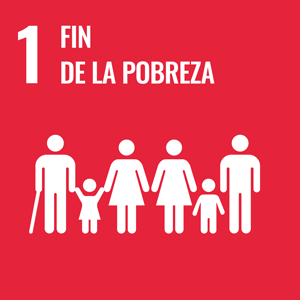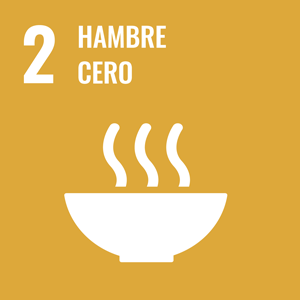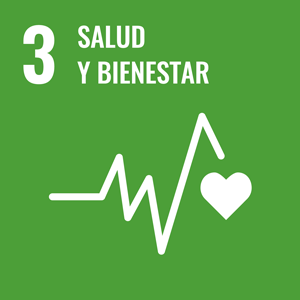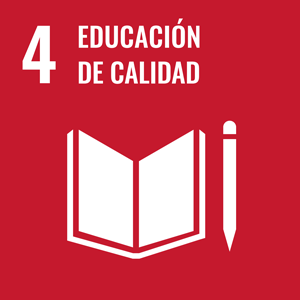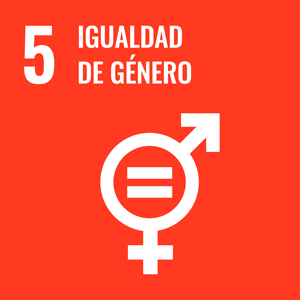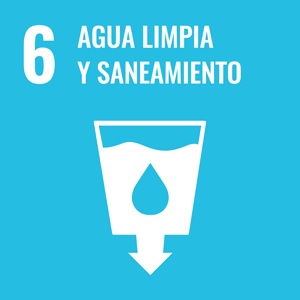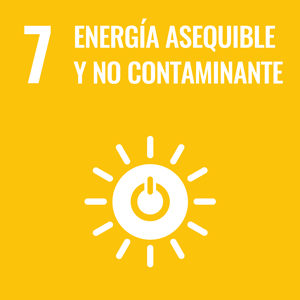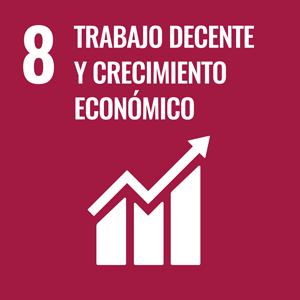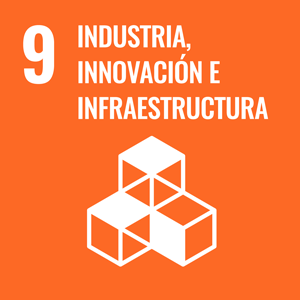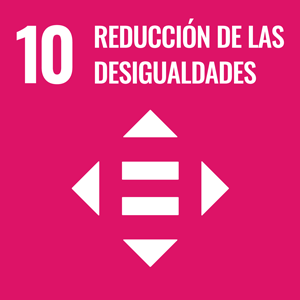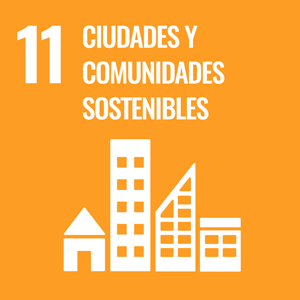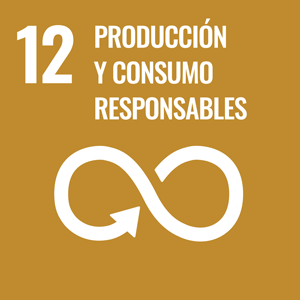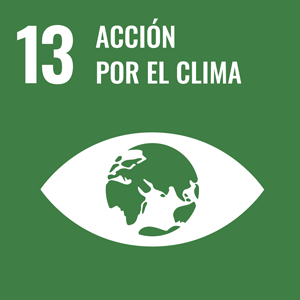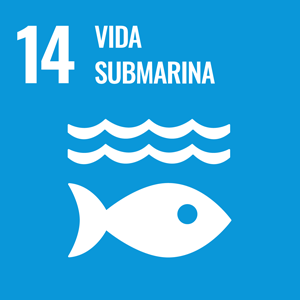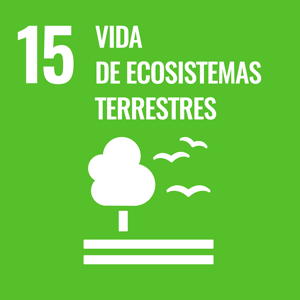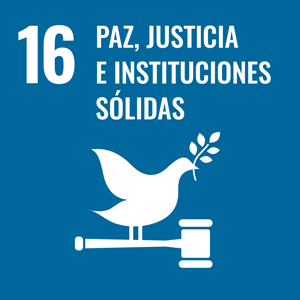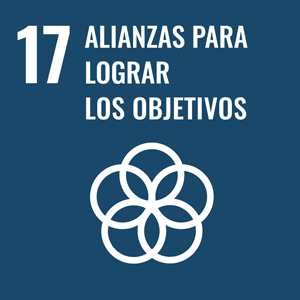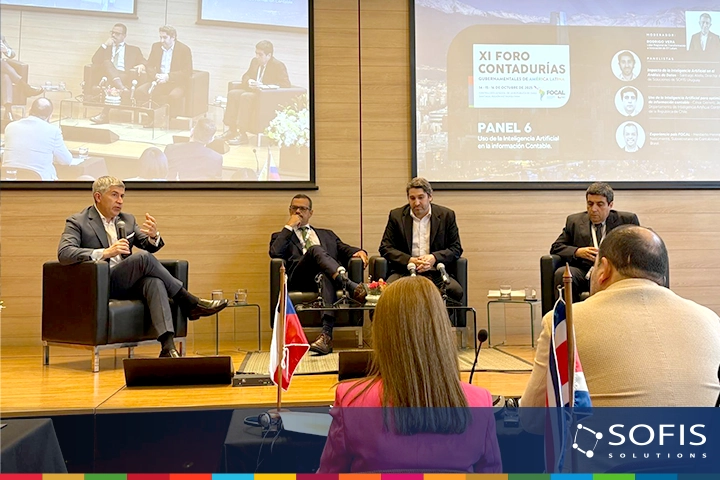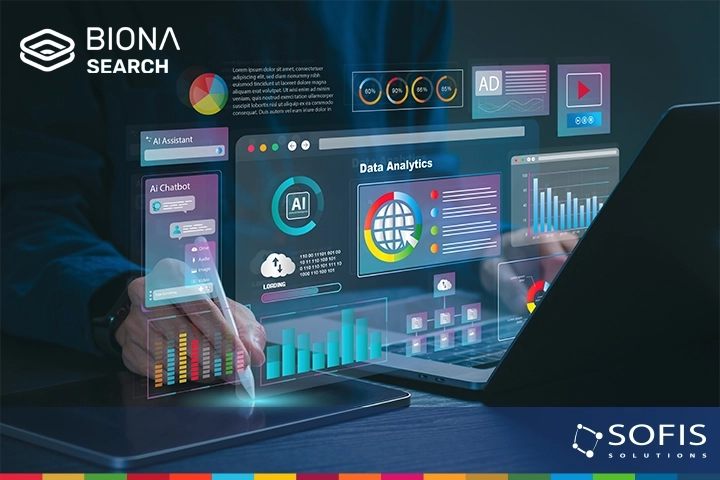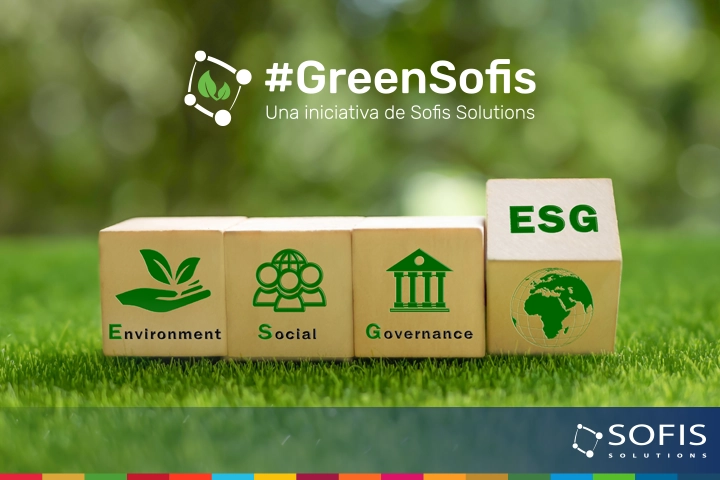-
Who we are
-
-
StrategyMission
To solve the challenges of organizations and communities through intelligent, secure, sustainable, and people-centered solutions, so they generate real value in their social and productive contexts.
VisionTo be the chosen company by organizations seeking to innovate with quality, purpose, and trust in the intelligent era.
Learn moreValues- Ethics and transparency
- Professionalism
- Respect
- Honesty
- Innovation
- Responsibility
- Effectiveness
- Integrity
- Customer orientation
- Punctuality
-
-
-
History
Sofis Solutions was born in 2005, in the city of Montevideo - Uruguay.
Since its inception, the main driver was and remains quality. This applies to processes, products, and relationships with the environment.The internationalization of the company It was one of the founding objectives. In the first stage, it expanded from Uruguay, and in the second stage, it opened offices in Latin American countries. Currently, it has offices in Montevideo, Panama, El Salvador and Ecuador.
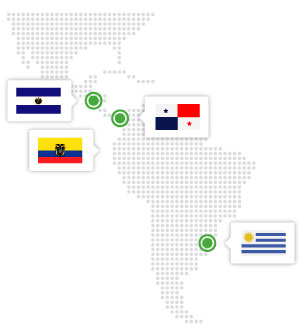
-
-
-
Alliances

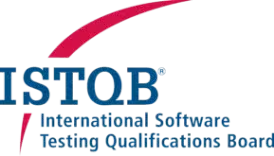



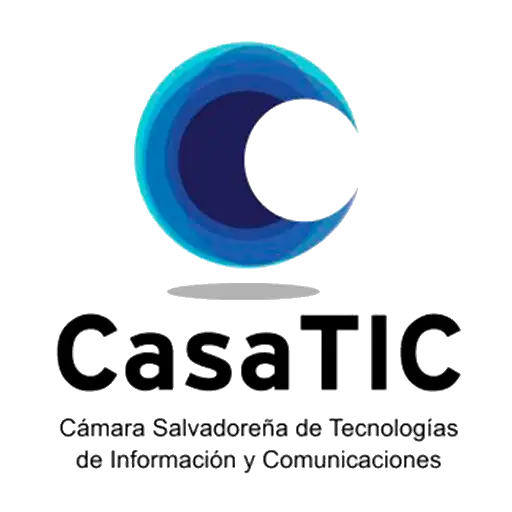
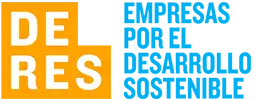

-
-
-
Certifications

CMMI-DEV-3
More informationNational Quality Award - 2023 Edition
More informationISO 9001:2015
Quality Management SystemISO 37001:2016
Anti-Bribery Management SystemISO 14001:2015
Environmental Management System
-
-
-
SustainabilityLearn more
Sofis Solutions integrates environmental, social, and governance (ESG) principles into its management and operations, driving sustainability through Digital Transformation. Its strategic approach prioritizes energy efficiency, digital inclusion, and transparency in digital governance, contributing to the responsible development of organizations.
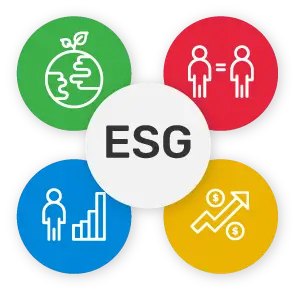
-
-
-
What we do
-
-
IT projectsLearn moreAt our Software Factory, we specialize in providing software development solutions with a focus on excellence and sustainability.
-
-
-
Software qualityOur software quality services comprehensively address the aspects or dimensions of software quality, addressing this approach throughout the entire software development cycle.
- Manual and automated functional suitability testing
- Performance testing
- Software product quality
- Software quality consulting
Learn more
-
-
-
Staff AugmentationLearn moreWhat is IT Staff Augmentation? IT Staff Augmentation is a specialized technical staffing model that enables organizations to increase their agility and respond to the changing technological needs of the market.
-
-
-
ConsultancyIn the public sector, strategic decisions and projects with citizen-centered designs and excellence have the power to transform entire communities.Learn more
-
-
-
BIonA SuiteBIonA Suite is a comprehensive platform for the intelligent management of processes and services in public and private organizations. BIonA Suite facilitates smart transformation with a focus on public value and user experience. Learn more
-
-
-
Projects
-
-
Recent projects
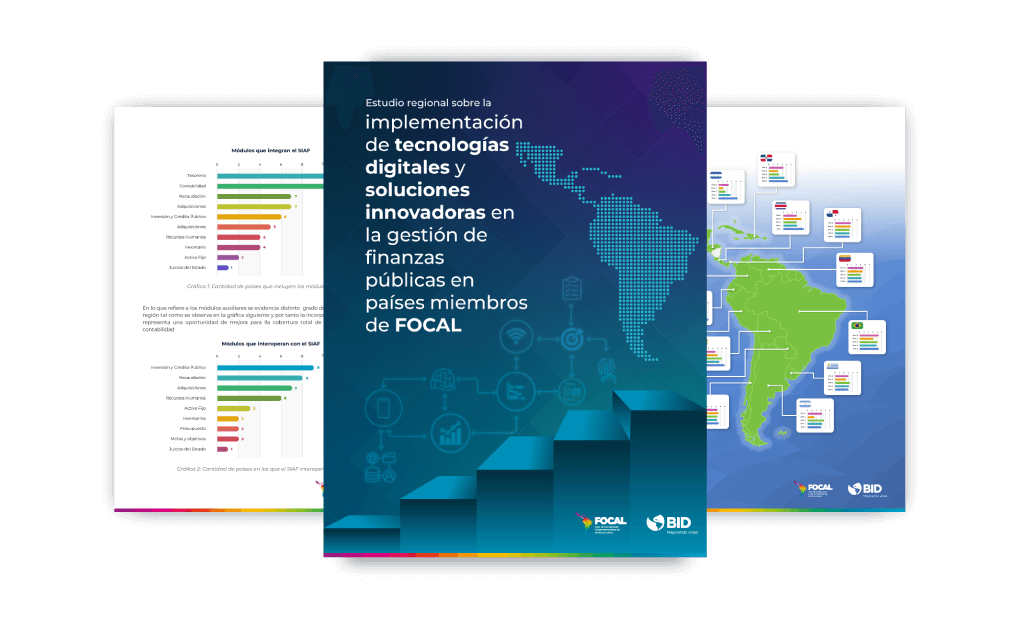 FOCAL Regional StudyFOCAL - El Salvador
FOCAL Regional StudyFOCAL - El Salvador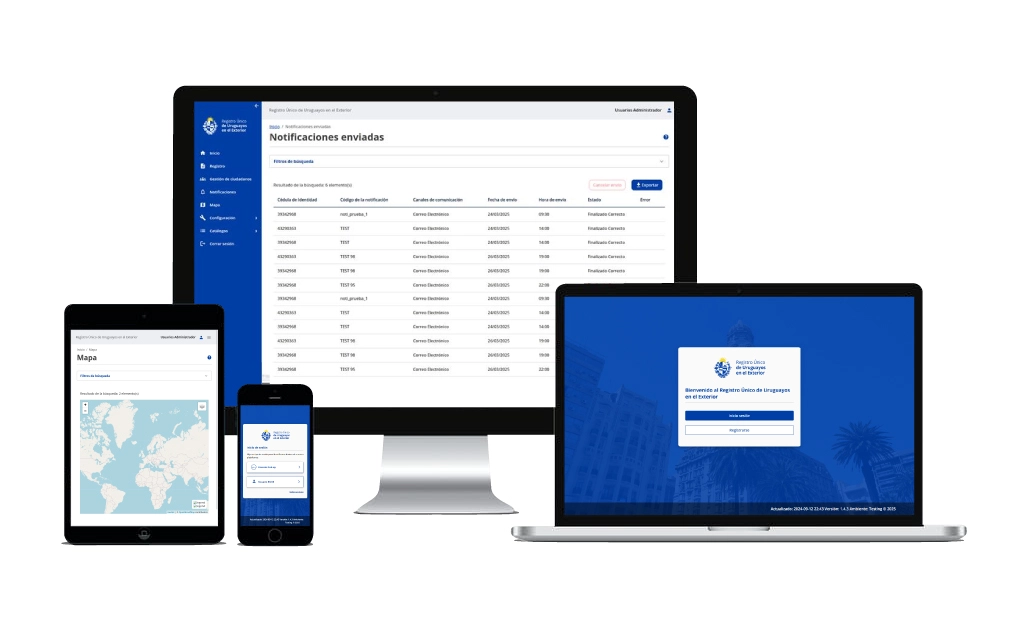 Single Registry of Uruguayans AbroadMinistry of Foreign Affairs - Uruguay
Single Registry of Uruguayans AbroadMinistry of Foreign Affairs - Uruguay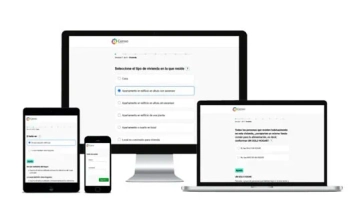 Population and Housing Census 2023National Institute of Statistics - Uruguay
Population and Housing Census 2023National Institute of Statistics - Uruguay
-
-
-
Digital Public InfrastructureWhat are Digital Public Platforms?ProjectsProducts
-
-
-
-
Mobile applicationsWe create hybrid, native, and PWA solutions for devices with Android and iOS operating systems.
Some of our projects:Digital Patrols, Ecuadorian Bovine Information System, Easy Budget UY, Digital Portfolio, SIGES Teachers App, SIGES Parents App.
Learn more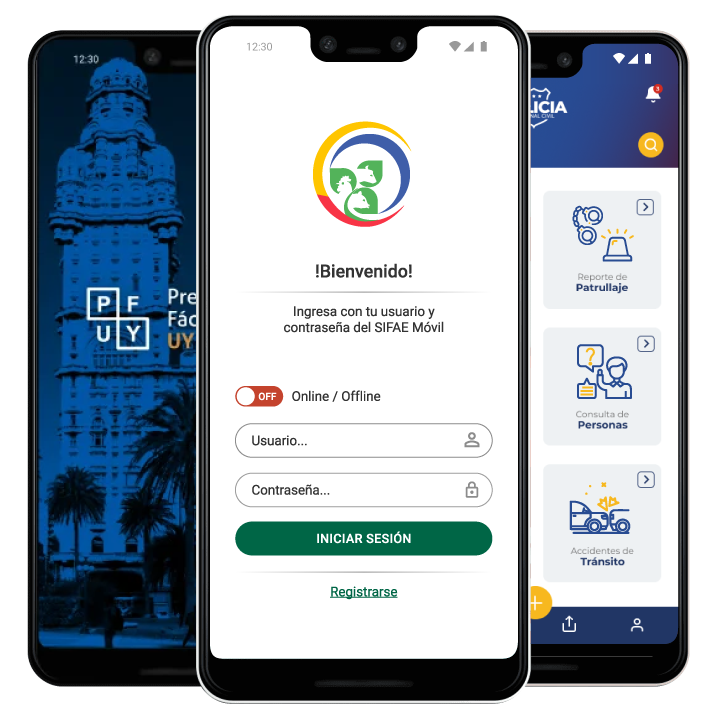
-
-
-
FOCAL regional studyThe purpose of the study was to carry out a regional analysis with the objective of identifying and evaluating the maturity level of the member countries of the Latin American Government Accounting Forum (FOCAL), currently composed of Argentina, Bolivia, Brazil, Chile, Colombia, Costa Rica, Ecuador, El Salvador, Guatemala, Honduras, Mexico, Nicaragua, Panama, Paraguay, Peru, Dominican Republic, Uruguay and Venezuela.Learn more
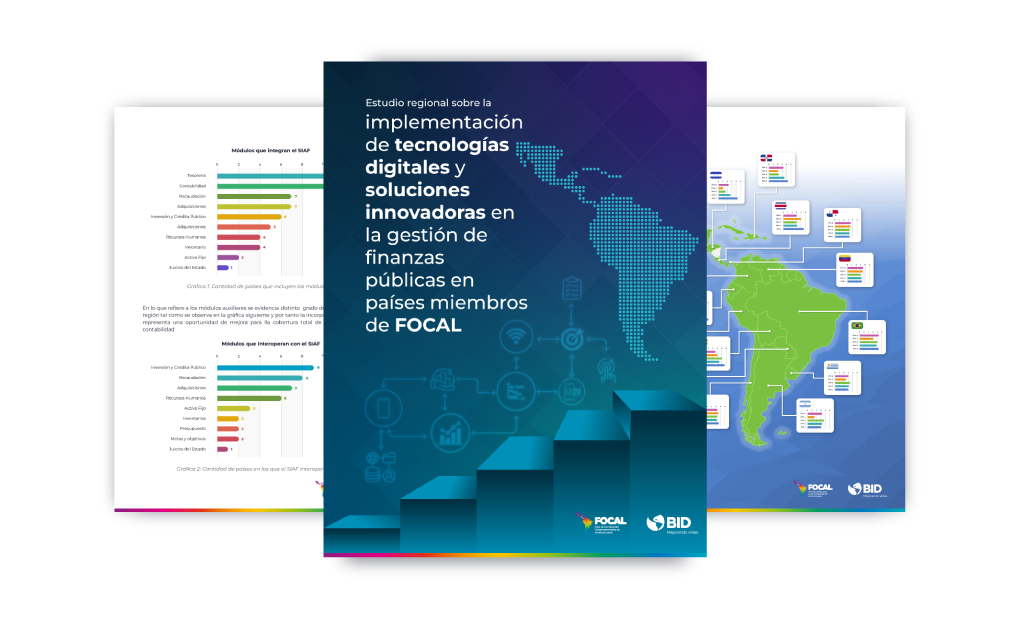
-
-
- AI
-
-
Artificial IntelligenceLearn moreAdvanced Artificial Intelligence (AI) and Big Data solutions that transform the way organizations make decisions and optimize their operations. We specialize in the development of intelligent autonomous agents and generative AI solutions using large language models (LLMs), both on local infrastructure and in the cloud.
-
- Press Room
-
-
Sustainable development
-
-
-
Interviews
 16/06/2025Virtual Threads in Java
16/06/2025Virtual Threads in Java
-
- Innovation
-
-
#GreenSofisMore information
Methodology
#GreenSofisSustainable Digital Transformation Conference
#GreenPath
-
-
-
AI For Everything
It is an initiative by Sofis Solutions, from the Intelligent Solutions Division, that promotes the adoption of artificial intelligence as a key driver of efficiency and effectiveness in the intelligent era.
It integrates both administrative and operational processes, promoting an organizational evolution where technology amplifies knowledge, optimizes decision-making, and generates value in a sustainable and inclusive way.
More information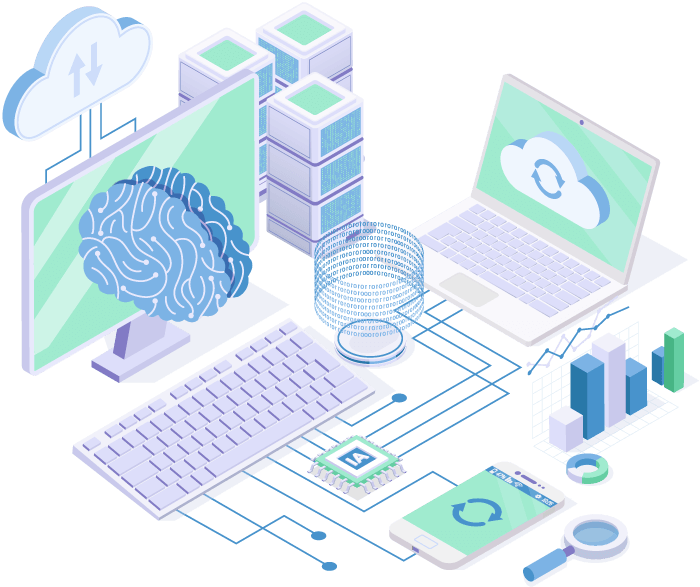
-
- Contact us
- ES PT-PT
-

Sofis Solutions held the webinar "Development Indicators in Early Childhood and Special Education" (Part Two)
Montevideo, December 8, 2020.
Within the framework of the webinar series "Educational Information Systems," the second virtual meeting called "Development Indicators in Early Childhood and Special Education" was held on November 25, 2020. In the first note, the presentations of the speakers Dr. Alejandro Vásquez Echeverría and Mag. Maite Liz, who are part of the research team at the Institute of Child Development (INDI) in Uruguay, were shared. In this second note, the last presentation given by Mtr. Soledad Cardenal, Education Quality Manager at FOMILENIO II in El Salvador, is presented, who highlighted important aspects about educational information systems and their contribution to data-based decision-making, which will serve for the design, planning, and execution of programs in favor of the education of girls, boys, and adolescents in El Salvador.
The last presentation of that afternoon was given by Mtr. Soledad Cardenal, who shared the presentation entitled "Indicators for Decision-Making in Special Education". In it, she discussed the evolution of the approach and concepts of Special Education, how indicators can be used both for children in Primary Education and Special Education, and their contribution to decision-making at both macro and micro levels, as well as the case of SIGES (Information System for Salvadoran Educational Management), as an information tool to analyze and make data-based decisions.
"The timeline called "30 years of history of Special Education" allows us to visualize how the concept of Special Education has evolved, where it is detailed that initially people with disabilities had to be rehabilitated until reaching today’s concept of inclusion. Therefore, it is necessary to provide attention to special educational needs, to diversity that opens a view to consider that all people can have a place in the same space, and this allows the concept of integration to emerge, a process that frames how a child with some disability is welcomed in a regular school and develops a school life with special emphasis on their social being and integration. In this way, it can be seen that Special Education is not something separate from Regular Education, but they mutually support each other temporarily or permanently, in order to provide the child with the supports they may require to fully develop," states Mtr. Soledad Cardenal.
On the other hand, she shared the work done during the SIGES consultancy, a system developed by Sofis Solutions with the technical and financial support of FOMILENIO II and the Millennium Challenge Corporation (MCC), a U.S. cooperation agency that established an agreement with the Government of El Salvador to support the Ministry of Education (MINED) in the design, development, and implementation of an educational management information system, resulting in the launch of SIGES. This system's main function is to collect information from indicators at the micro level for decision-making, related to policies or strategically designed interventions in favor of education in El Salvador.
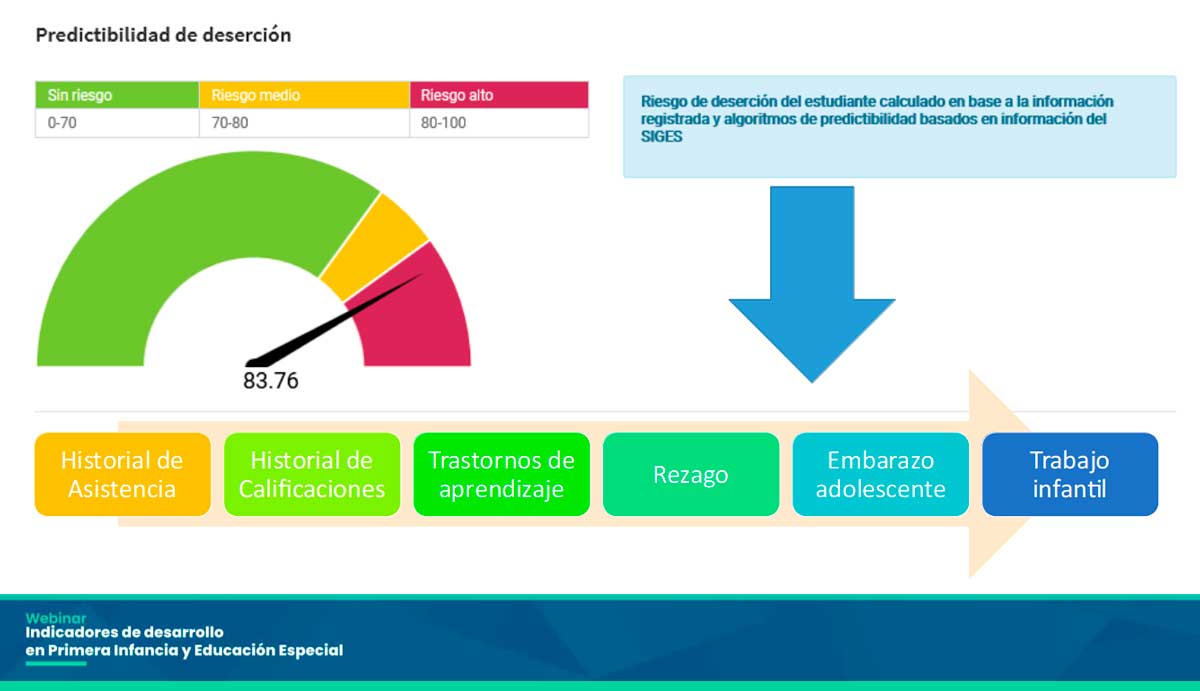
Infographic: Sample of the SIGES school risk prediction dashboard
"It is worth noting that information related to indicators in student attendance, educational center, existence of a learning disorder history, special educational needs, existence of lag, among others, are indicators that may raise concern about the risk of possible school dropout or failure, which can be prevented through the design of prevention strategies, such as curricular adaptations or attention methodologies focused on diversity," affirmed Mtr. Cardenal.
To close this second virtual meeting, the speakers shared their conclusions during the "Questions and Answers" session, where they responded to comments from the audience.
"I want to thank the space and all the people listening to us. I believe it is a very important topic, as in January or February all educational systems must evaluate to be able to make decisions about the great demands the education systems have. Children faced a great challenge this year, as almost all of 2020 they were isolated from classrooms, which not only affects learning but the entire development, as well as people with special educational needs. I believe perfecting techniques and, thanks to the analysis of all that information, it can contribute to decision-making, which is fundamental for social, educational, and health transitions (…) We are in full transformation and for this, it is necessary to be aware of attending and adapting to the needs of each child, as well as people with special needs who should be a priority for society," expresses Mtr. Soledad Cardenal.
"(…) For us, this year was not easy in achieving evaluation, as one of the constant struggles was to establish the relevance of evaluation, where different factors must be known, including the situation to be analyzed, the best decisions to consider, having the correct population, and in our particular case the child population, but especially those transitioning into Primary Education (…) Particularly in Uruguay, there is a very important break between Preschool Education and Primary Education, where children suffer this transition. Therefore, it is important to have inputs to prevent and accompany timely. For this, we have developed this information system, considering the relevance of this type of transition, even more so in the current context of the COVID-19 pandemic. I believe the impact of confinement in Uruguay was less than in other countries. It is worth noting there was interaction on the Plan Ceibal platform in Uruguay, which is a digital plan for all children, who through this system could continue relatively working virtually. All this is important to evaluate in Early Childhood for the exercise of their rights, the attention to needs, and the distribution of resources. (...) In this regard, INDI seeks to issue results at different levels: individual, group, center, regional, and even reports that are delivered to authorities on the status and situation of the child population as a whole (...)", mentions Mag. Maite Liz.
Finally, Dr. Alejandro Vásquez highlights: "I greatly appreciate the opportunity to share our experience and learn about the very interesting experience of SIGES (…) we remain open to questions, doubts, and exchanges to share the INDI experience with other realities from other countries in the region that may be interested in using it."
The webinar "Development Indicators in Early Childhood and Special Education" was recorded and is available on the Sofis Latin America YouTube channel: https://youtu.be/UvwZJ6DDYEw.
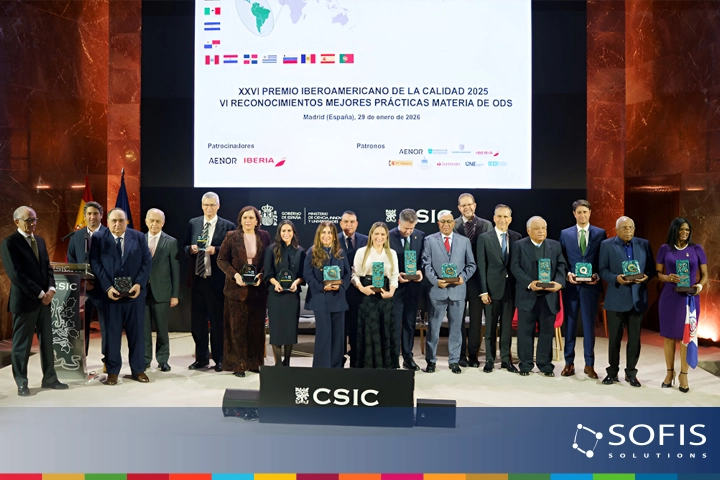
Madrid, January 29, 2026 – Sofis Solutions was honored with the Silver Award at the 2025 Ibero-American Quality Award, the highest recognition for exc......
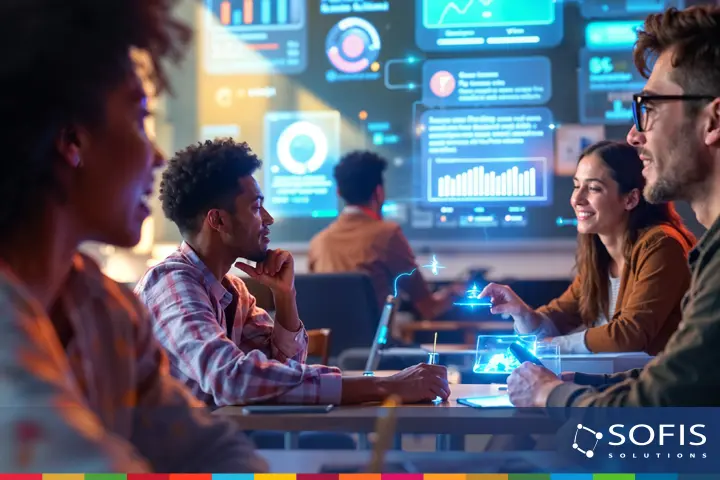
In this interview we talked with the Software Engineering Group of Sofis Solutions, a team that has been actively working on the evolution of its deve...

On November 20th, the pilot edition of Creative Bureaucracy UY 2025 took place at the Sala Verdi, the local precursor to the Creative Bureaucracy Fest...












 Digital Signature
Digital Signature BionA Suite
BionA Suite Biona SIgn
Biona SIgn